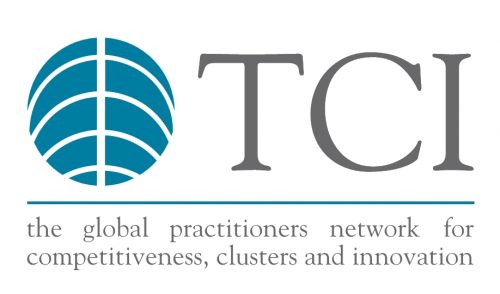
19/10/2016
Christian Ketels: “Thanks to clusters, Catalonia is much more attractive to foreign companies”
Christian Ketels: “Thanks to clusters, Catalonia is much more attractive to foreign companies”
More news
27/06/2017
Barcelona Synchrotron Park’s sustainable brownfield restoration program presented at AquaConSoil 2017
21/06/2017
Catalonia confirms itself as pole of attraction for foreign investments
15/06/2017
Construction of the Natura Bissé’s new world headquarters is well on its way
06/06/2017
Walk in the Park: the biodiversity routes await you
31/05/2017
UAB second most innovative university in Spain
24/05/2017
PRUAB: 10 years in strengthening relationships between research and business fabric









